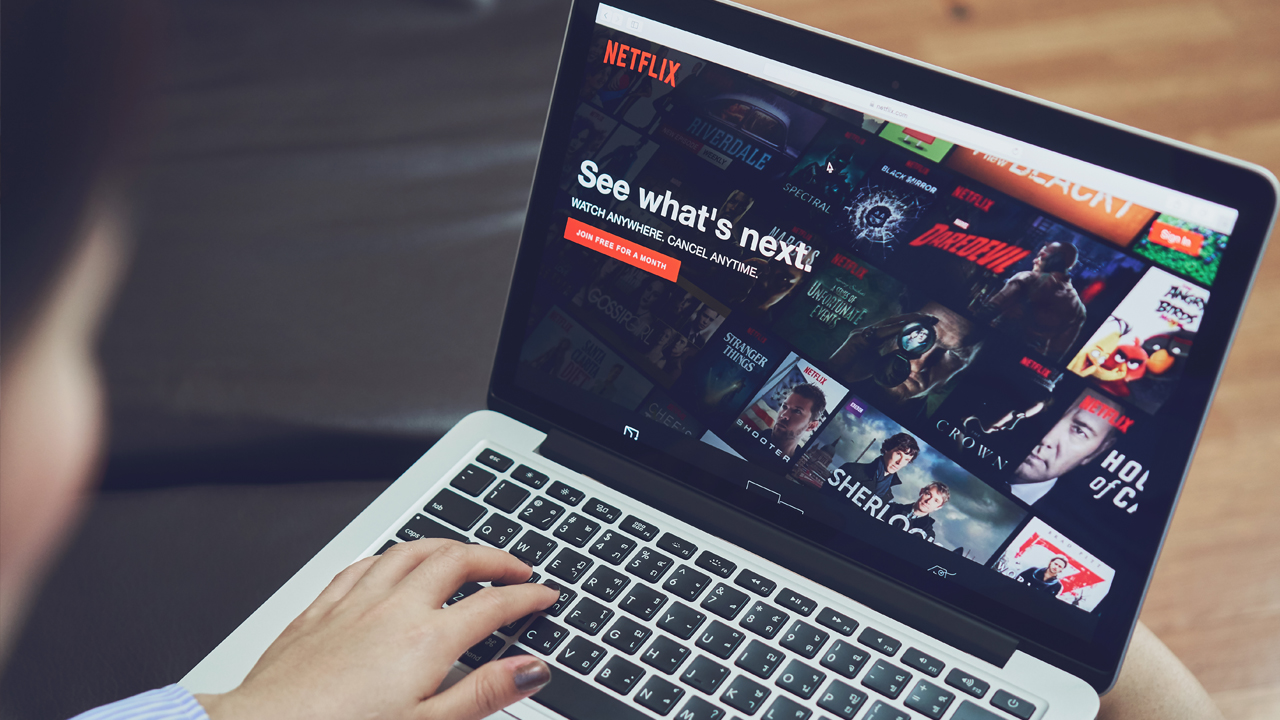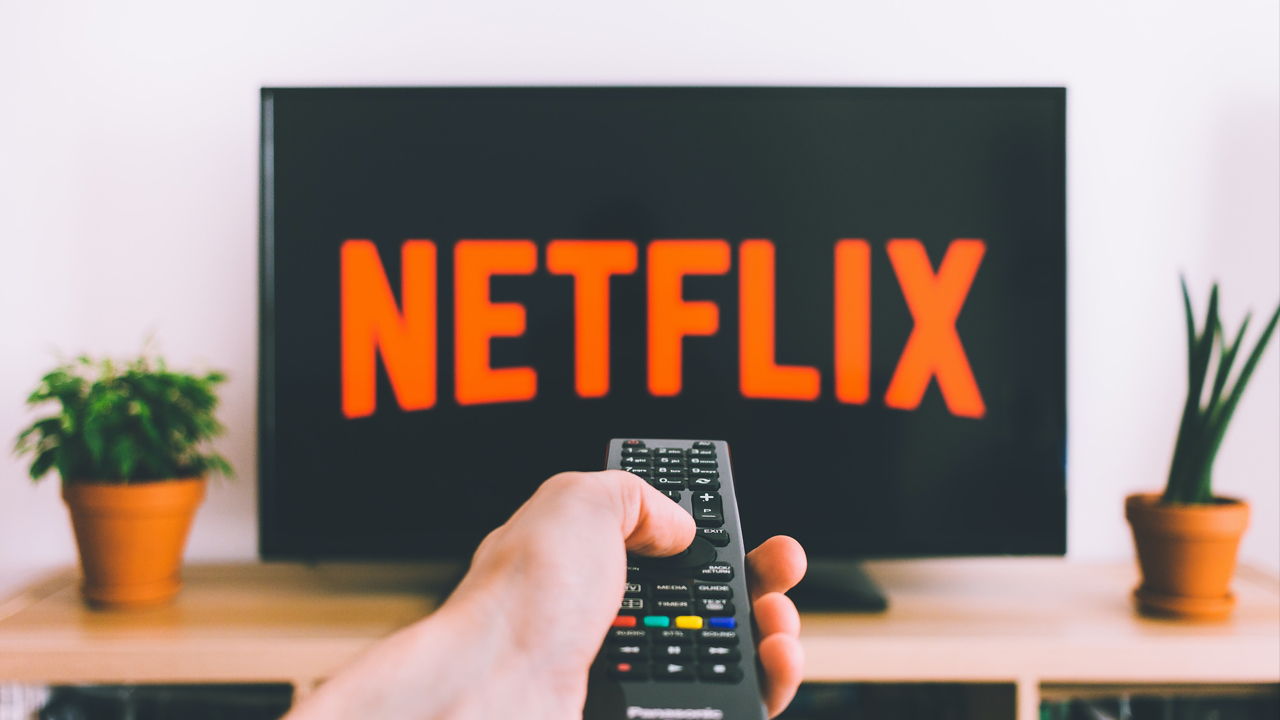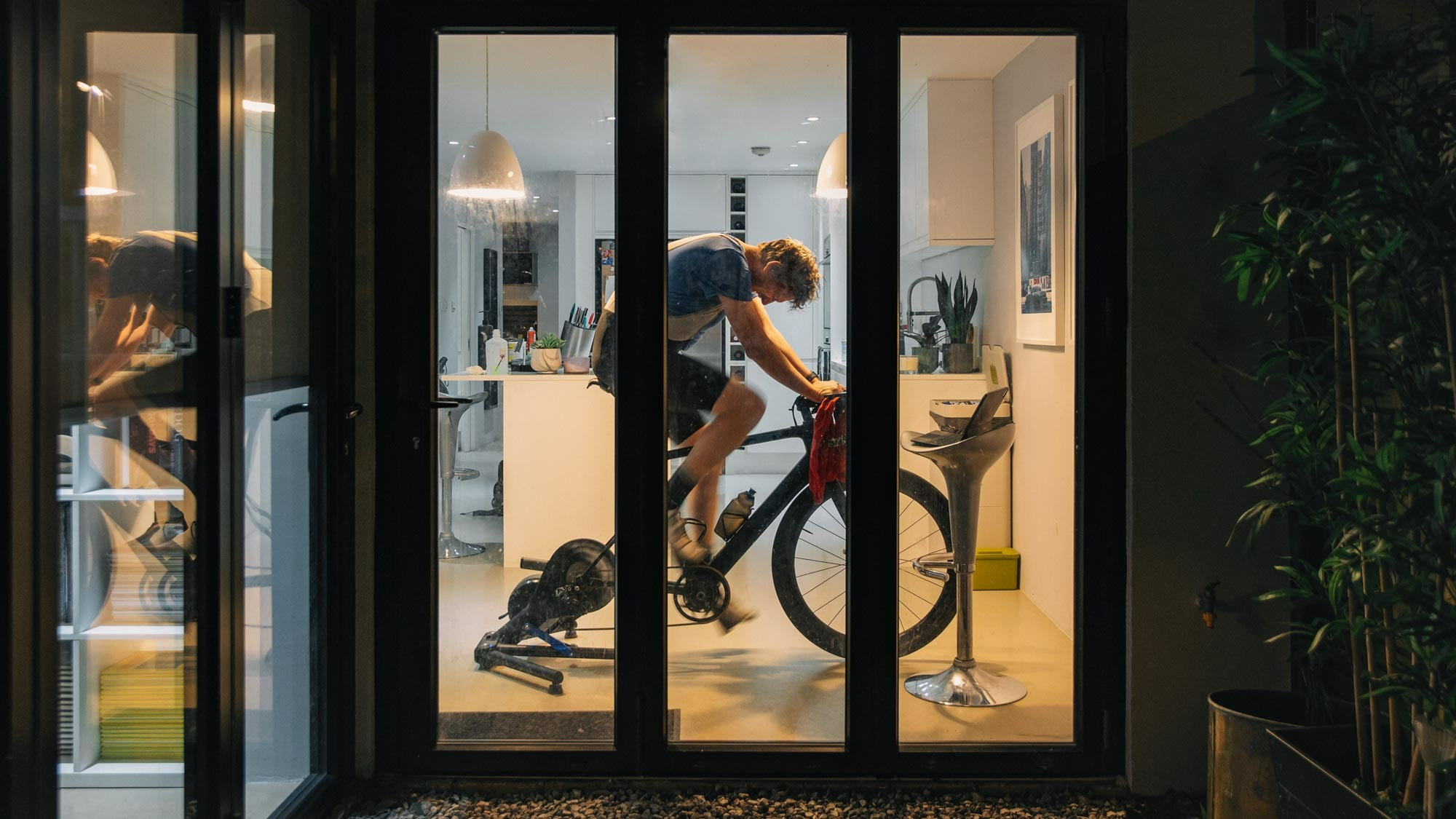Is it worth getting a VPN to watch Netflix?
The risks are minor, but the benefits are huge

A Netflix VPN is one of the most popular ways to get more out of your subscription, and are becoming increasingly widespread because they allow you to access content that might not be normally available in your location. But do the benefits of using a VPN outweigh the risks?
There are a few things to consider when answering that question, including what a the best VPN can allow you to do, the significance of the risks involved, and what software options are available. This article will explore these three areas to help you establish whether using a VPN is worth it.
- Get more out of your Netflix: Here's how to change region on Netflix
We rank ExpressVPN as the best Netflix VPN on the market.
If you just want to get access to tons of Netflix libraries and increase your online privacy, ExpressVPN is your best option – plus Tom's Guide readers can now claim three months absolutely free.
What can a VPN do for Netflix subscribers?
The crucial thing a VPN allows you to do is hide your identity and adjust your apparent location whilst browsing. It does this by redirecting your data connection through servers in different places around the world, changing the IP address that Netflix sees.
This allows you to access a huge amount of location-restricted content on the site, because Netflix only licenses certain films and shows in particular territories. The company determines this according to a number of factors such as cost, perceived audience interest in the locality, and the ratings of the show.
The best services out there – the greatest of which is arguably ExpressVPN – will also allow users to access other geo-blocked sites, such as BBC iPlayer, HBO Go, Hulu, and Amazon Prime Video.
What shows are available with a VPN?
By utilizing a VPN, you can access a larger roster of content. South Korea, for example, has a huge bank of fantastic kids’ films, including The Little Mermaid, Wreck-It Ralph, Snow White, Frozen, Brave, Ice Age, and The Lion King.
Netflix has always been adept at introducing audiences to shows that were traditionally more popular in different countries, such as Ru Paul’s Drag Race coming to the UK from the US and The Great British Bake Off (known in the US as The Great British Baking Show) going the other way. For those that wish to access shows still only available in the country where they were produced, a VPN can open up a whole new world, with Japanese classic Rashomon and American political drama The West Wing being just two examples.
Sign up to get the BEST of Tom's Guide direct to your inbox.
Get instant access to breaking news, the hottest reviews, great deals and helpful tips.
There are also many blockbusters only available in certain territories, such as The Girl with the Dragon Tattoo in France and Captain America: Civil War in Canada. Take a look at our guide to the best Netflix shows to watch with a VPN for more.

The tradeoff of using a VPN
There are some aspects of using a VPN that users ought to understand prior to diving in, however. Some VPNs can, for example, slow down your connection speed. This is understandable—they operate by rerouting your connection, adding more steps between you and Netflix’s servers. So, to ensure your connection is quick and that you can stream uninterrupted, you’ll need a fast VPN.
Another tradeoff is cost. Whilst using a free VPN can work, they offer far less functionality and are more likely to provide poor connectivity. Paid VPNs tend to avoid this problem and can give you access to other sites aside from Netflix, making the additional expense worth it.
Risk and effort vs reward
Before you use a VPN it’s also worth noting that they are against Netflix’s terms and conditions, and the streaming provider has previously tried to limit their use. However, they are legal in most countries and there’s never been any instance of someone being banned from Netflix for using one.
As such, the risks that come from using a VPN are minimal. The required effort is similarly low – after setting a VPN up on your device, all that’s required is to turn it on and pick a location. And the reward of using one is significant – access to a huge amount of extra content, as well as other streaming services.
Which VPN should you use?
There’s a roster of excellent options to choose from, and many are worth exploring – and each delivers a different experience that you may prefer.
However, ExpressVPN is by far the best option on the market. It easily bypasses Netflix’s geo-blocking infrastructure, as well those used by other sites like Amazon Prime, YouTube, and BBC iPlayer, and it's also available across pretty much all devices. ExpressVPN also offers a generous 30-day free trial so you can test-run its servers and impressive selection of bonus features.
Plus, Express also offers Tom's Guide readers three months free, which means you'll get a mega 15 months for the price of 12. For the #1 VPN on the market, that's a pretty good deal.

